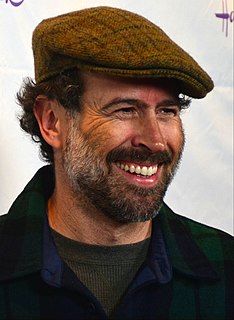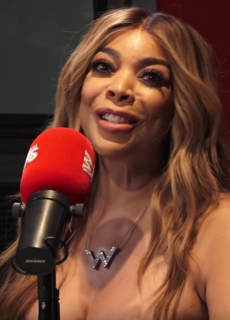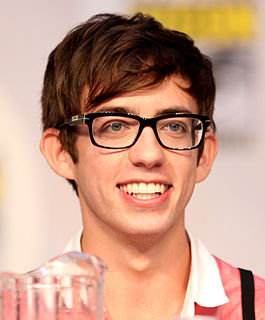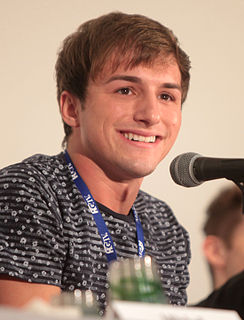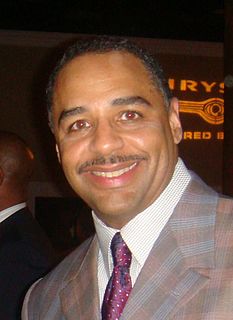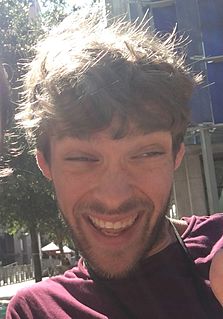A Quote by Andre Leon Talley
What's that show? 'TMZ'? They stand there and say, 'I've got this on this person.' The focus on celebrities can be detrimental because people could be thinking of other things, but it's a part of the culture and it's what sells.
Related Quotes
I think there ought to be some serious discussion by smart people, really smart people, about whether or not proliferation of things like The Smoking Gun and TMZ and YouTube and the whole celebrity culture is healthy. We've switched from a culture that was interested in manufacturing, economics, politics - trying to play a serious part in the world - to a culture that's really entertainment-based. I mean, I know people who can tell you who won the last four seasons on American Idol and they don't know who their [bleeping] Representatives are.
I'm glad that that era of stand-up is over, because I think it adversely affected a lot of people who could have been really, really great comedians. Because they unconsciously or subconsciously stifled their wild impulses, and were thinking about the five clean minutes for The Tonight Show, or the 20-minute sitcom pitch as a stand-up act.
I think online, like on YouTube and stuff, people could pretty much say whatever they want. They have no filter in their brain, because no one knows who they are. They're totally anonymous, so they could say whatever they want. But when they're in person with me, they wouldn't say those things, because I can actually see who they are.
I knew I wanted to be in comedy but the path of least resistance was doing stand-up in folk music clubs where I could get on stage. I guess you could get up no matter how bad you were and you didn't have to audition. You just got up. Everything else required an audition and if you auditioned for a TV show, you would stand in line with a hundred other people. But at the clubs, it was okay just to get up, so that's why I started in stand-up.
Comedians are - at the end of the day, we're just a bunch of people that lack a little bit of - we're very insecure, and we want to be loved and liked by everybody. And you know, I could check my Twitter and there could be 150 people that say wonderful things. There'll be one person who says something negative. And all we focus on is that negative.
I sat with five of the "Mothers of the Movement." Of course I'm hyping the show, but I keep telling everybody this part is not hype. After a while particularly in the case of Sybrina Fulton, they've become celebrities and people forget that they've become celebrities because of the death, the murder of their child. So I wanted people to see the burning desire for these women to live their child's legacy, to not let their child have died in vain, so they're fighting to stop the violence.
I feel a lot of personal responsibility to undo the negative stereotypes. I know that it's not coming from a bad place. It's coming from an ignorant place. I can sort of be an ambassador in a subtle way to say, "This is what I am: a comedian, a show host, a writer." It will still always be part of the conversation and people will want to focus on it because there is a culture that is so embedded that if you have a disability, you're someone to be either admired just for living, or be pitied for having to struggle.

